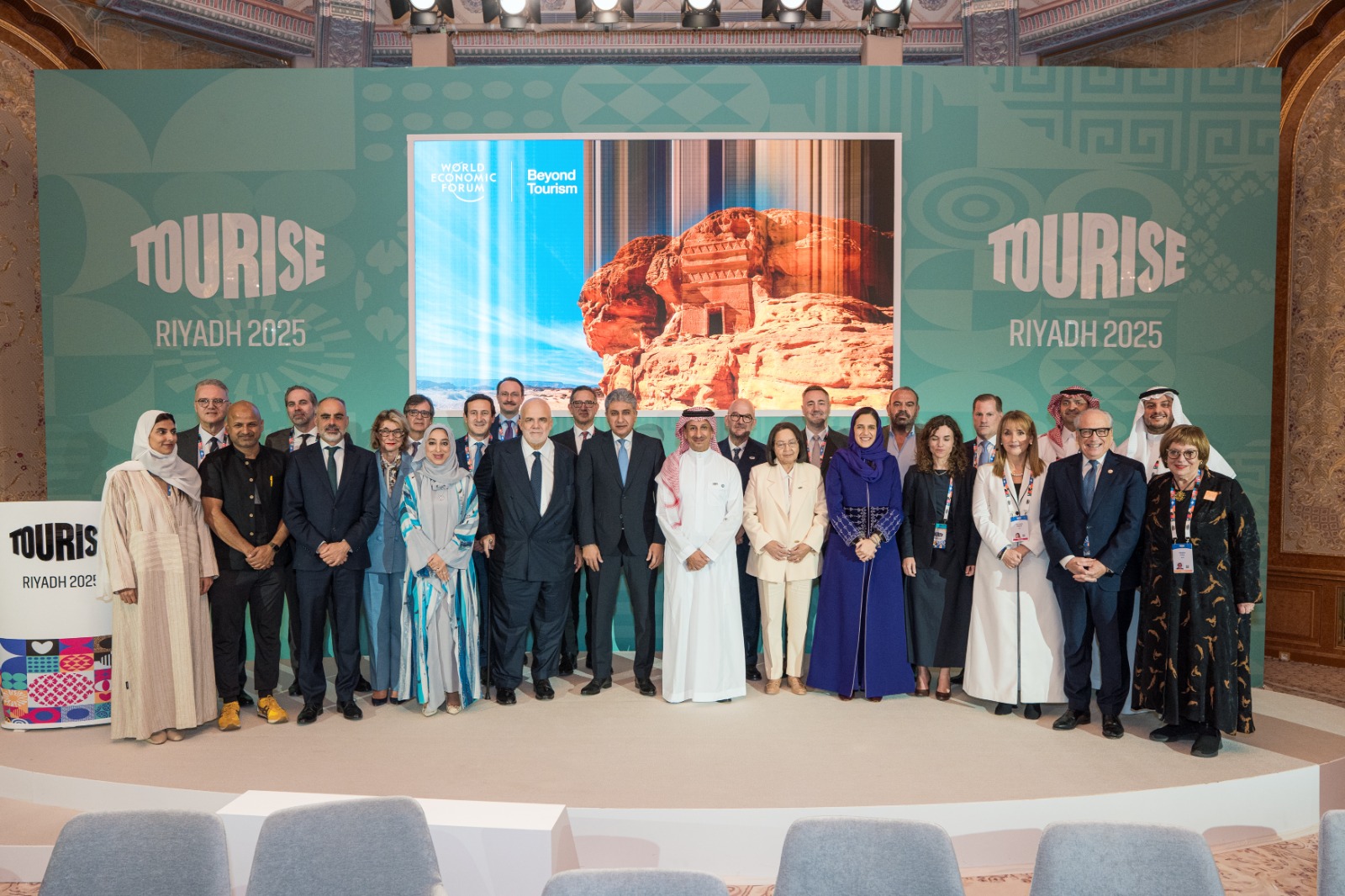
Spokesman Report
Islamabad: UNDP launched its latest report, titled ‘The State of Youth Entrepreneurship Ecosystem in Pakistan,’ during a high-level ceremony at Serena Hotel in Islamabad. The event was attended by the Minister of State for Information Technology and Telecommunications, . Shaza Fatima Khawaja, the Chairman of the Prime Minister’s Youth Program, Mr. Rana Mashhood Khan, UNDP Resident Representative, Dr. Samuel Rizk, and Adviser Youth Development, Commonwealth Secretariat, Mr. Sushil Ram. The event was also attended by students, youth entrepreneurs, policymakers, and members of academia.
The report, a collaborative effort between UNDP and the Citi Foundation, in conjunction with UNDP Pakistan, the Islamic Development Bank (IsDB), and the Commonwealth Secretariat, comprehensively maps the growth and evolution of Pakistan’s youth entrepreneurship ecosystem. It highlights the necessity for concerted efforts and targeted initiatives to establish a more inclusive environment for aspiring entrepreneurs in the country.
The research was conducted and analysed through Youth Co:Lab’s entrepreneurship ecosystem diagnostic framework, which consists of six domains to identify and comprehensively examine the obstacles and facilitators to establishing an inclusive entrepreneurship ecosystem. These domains focus on Policy and Regulatory Frameworks, Human Capital and Entrepreneurship Culture, Access to Finance and Incentives, Business Development Support and Infrastructure, Access to Markets, and Innovation and Technology.
While Pakistan’s youth entrepreneurship ecosystem has displayed remarkable growth and potential, there persists a need to address specific challenges encountered by young individuals. The report advocates for stronger collective efforts and targeted initiatives to establish an inclusive environment for all aspiring entrepreneurs. In this regard, Dr. Samuel Rizk, UNDP Pakistan’s Resident Representative, highlighted the report’s utility and emphasized the importance of creating a gender-inclusive entrepreneurship ecosystem. He highlighted, “The report outlines simple, practical, and actionable recommendations for all stakeholders, aimed at accelerating our collective efforts to create an inclusive entrepreneurship environment for youth.”
Syed Husain Quadri, Director of Resilience and Climate Action at IsDB, emphasized the significance of collaboration among key stakeholders, stating, “By strengthening collaborative efforts among these stakeholders and implementing targeted policies and programs, we can cultivate a vibrant and thriving ecosystem, which empowers the country’s youth to fulfill their entrepreneurial aspirations.” Mr. Sushil Ram, Advisor on Youth Development at the Commonwealth Secretariat, echoed this sentiment, saying, “Together, in partnership with all stakeholders, we can create an enabling environment where every young person has the opportunity to unleash their entrepreneurial potential and contribute to building a brighter and more prosperous future for all.”
Recognizing the report’s potential to inform policy, Mr. Rana Mashhood Khan, Chairman of the Prime Minister’s Youth Programme, highlighted, “This report provides us with essential building blocks through its findings and recommendations, and the next step is to actively engage in their implementation to turn aspirations into action, and rhetoric into results.”
One of the key take-aways from the report is that through nurturing talent, ensuring access to resources, and addressing gender and inclusivity disparities, Pakistan can cultivate a dynamic entrepreneurial landscape that catalyzes economic advancement and societal development.







